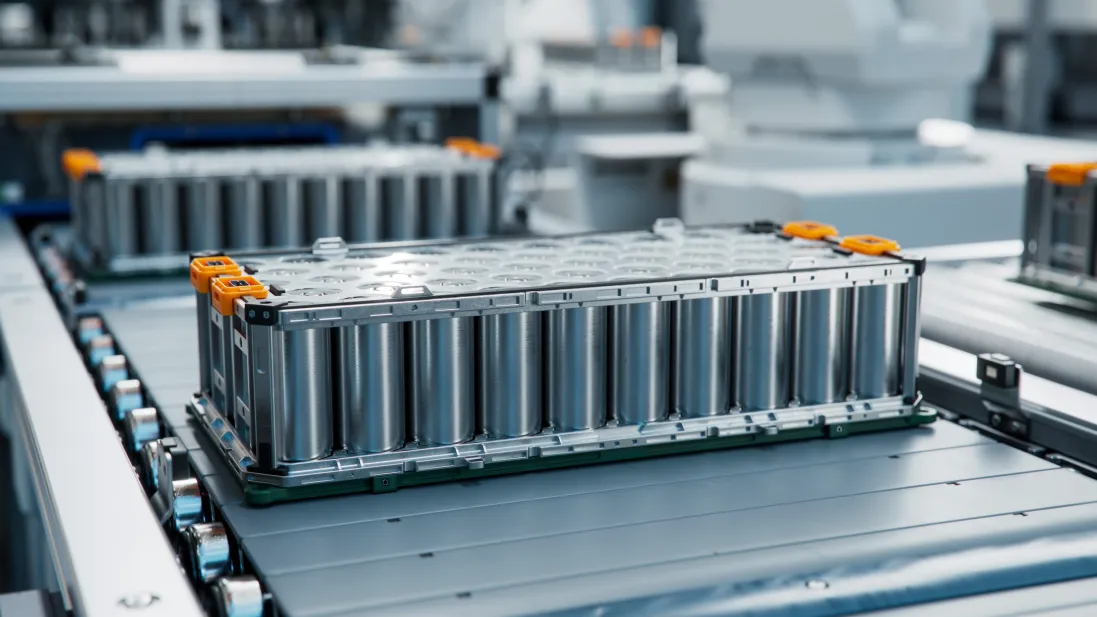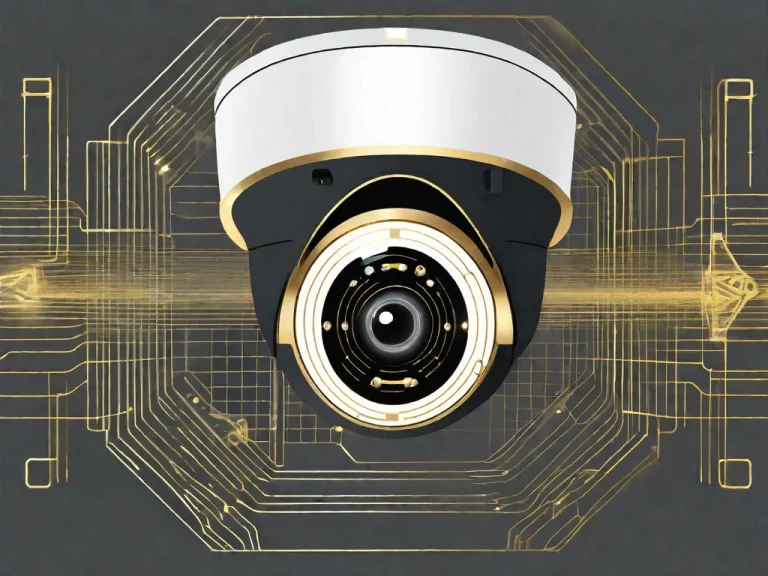
Lithium-iron-phosphate (LFP) batteries have become a favorite in the electric vehicle (EV) industry due to their affordability and durability. They can significantly lower the cost of EVs, which is great for consumers. However, there’s a major catch: nearly all LFP batteries—about 99%—are made in China. This creates a challenge for American automakers, especially as tariffs and government regulations push for reduced reliance on Chinese supply chains.
Eric McShane, CEO and co-founder of Electroflow, believes his startup may have found a way to level the playing field. Alongside his co-founder Evan Gardner, McShane has developed a new production process that simplifies the complex, multi-step system used to produce lithium materials from brines. Their goal? Make LFP batteries cheaper and build a homegrown supply chain that can compete globally.
“Instead of going through ten different steps just to get from brine to lithium chemicals, we’ve reduced it to three,” McShane explained. Their process transforms salty underground water—plentiful in places like California and Arkansas—into high-grade lithium carbonate, which can then be used to produce LFP battery material.
China currently produces LFP at about $4,000 per metric ton, but U.S. production costs are significantly higher. Electroflow aims to flip that. Initially, they expect to produce lithium carbonate for around $5,000/ton, but they’re targeting a long-term cost of under $2,500/ton—far cheaper than China.
Electroflow’s breakthrough is an electrochemical cell that works like a reverse battery. It uses anodes to pull lithium from brine, then pushes it into a carbonate-rich solution, producing lithium carbonate. It’s powered entirely by electricity and uses minimal water, most of which can be recycled. Remarkably, their pilot setup uses about as much electricity as a single U.S. home.
Backed by a $10 million seed round from Union Square Ventures and others, Electroflow has already tested the process with geothermal brines in California. Their compact, scalable systems—small enough to fit inside a 20-foot shipping container—could soon process large volumes of lithium-rich brine across the U.S.
McShane is optimistic: “Unless China completely reinvents its process, they won’t be able to beat our costs.”
Electroflow’s vision is bold—creating affordable, American-made LFP materials at scale—and if it succeeds, it could reshape the EV battery supply chain for years to come.






